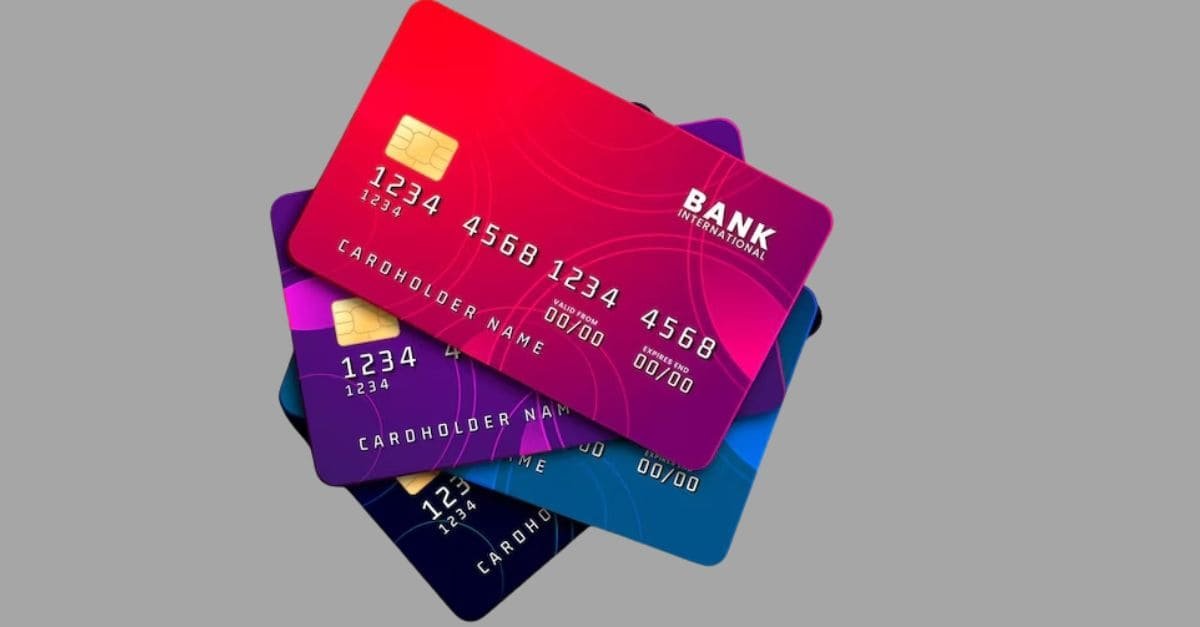
When choosing a credit card, one of the most important factors is which credit bureau the card issuer uses to evaluate your credit application. Experian, one of the three major credit bureaus, is critical in the credit card approval process. But which credit cards use Experian? In this article, we’ll explore the best credit cards that pull from Experian in 2024, how they affect your approval odds, and why understanding your credit profile is essential when applying for a credit card.
Table of Contents
What is Experian and Why Does It Matter for Credit Cards?
Experian is a global credit reporting agency that collects and maintains consumer credit information. When you apply for a credit card, issuers typically perform a “hard inquiry” into your credit report, which involves pulling data from one of the three major credit bureaus:
Some credit card issuers rely primarily on Experian for this purpose, while others may use a combination of different bureaus. Knowing which bureau is used can help you anticipate your approval odds based on your credit score and profile with that specific bureau.
10 Credit Cards That Pull From Experian
Below are some of the top credit cards that use Experian for credit checks. These cards cater to different credit profiles, from excellent to fair credit.
Chase Credit Cards
- Chase, one of the largest credit card issuers, often uses Experian to pull credit reports for its various credit cards, including popular options like the Chase Sapphire Preferred® Card and Chase Freedom Flex℠. Chase is known for offering competitive rewards, especially in travel and cash-back categories.
Capital One Credit Cards
- Capital One is another major credit card issuer that typically pulls credit reports from Experian. Cards like the Capital One QuicksilverOne Cash Rewards Credit Card and Capital One Platinum Credit Card are excellent options for those with fair or average credit scores.
American Express Credit Cards
- American Express frequently uses Experian for credit inquiries, especially their premium cards like the American Express® Gold Card and the Platinum Card® from American Express. These cards are ideal for consumers with good to excellent credit scores looking for rewards and travel benefits.
Credit One Bank® Platinum Visa® for Rebuilding Credit
- For individuals with poor or rebuilding credit, Credit One Bank offers a card that uses Experian to evaluate creditworthiness. This is an excellent option for those looking to improve their credit score while earning rewards on everyday purchases.
Discover it® Cash Back
- Discover also uses Experian for its credit checks. Their Discover it® Cash Back card is perfect for individuals with good credit, offering generous cashback rewards on rotating categories.
Barclaycard Arrival Plus® World Elite Mastercard®
- Barclaycard’s travel-focused Arrival Plus® World Elite Mastercard® pulls credit reports from Experian. It offers substantial travel rewards, including miles for every purchase.
Wells Fargo Autograph℠ Card
- The Wells Fargo Autograph℠ Card uses Experian to pull credit reports. This card is a great option for those who prefer a no-annual-fee card with strong rewards in multiple categories.
S. Bank Altitude® Go Visa Signature® Card
- U.S. Bank frequently uses Experian to pull credit reports for its Altitude Go Visa Signature® Card. This card offers a competitive rewards program and is suited for those with good to excellent credit.
Citi® Double Cash Card
- Citi is known to pull from Experian for credit card applications, especially for cards like the Citi® Double Cash Card, which is ideal for cashback enthusiasts with good credit.
Synchrony Bank Credit Cards
- Synchrony Bank, which issues cards for major retailers like Amazon and eBay, often uses Experian for credit checks. These retail cards are excellent for those looking to earn rewards while shopping at their favorite stores.
Goodyear Credit Card
The Goodyear Credit Card also uses Experian for credit checks during the application process. This means that when you apply for the card, Goodyear will review your Experian credit report to assess your creditworthiness. The card is generally offered by City Bank N/A, which often relies on Experian for evaluating credit applications, especially for store-branded cards like this one. You can use this card for vehicles, car tires, and services.
How Does Experian Affect Your Credit Card Approval Odds?
When applying for a credit card that uses Experian, your approval odds will depend on your Experian credit score. If your Experian score is strong, you’re more likely to be approved for higher-end cards that offer rewards and benefits. Conversely, if your score is lower, you may be more limited to secured or subprime cards designed for those with less-than-perfect credit.
It’s important to check your Experian credit report regularly to understand your current standing and how you may be perceived by credit card issuers. Many issuers offer Experian pre-approved credit cards to applicants, making it easier to apply for cards that match their credit profile.
What to Do If You Have Poor Credit?
If your Experian credit score is less than stellar, don’t be discouraged. There are several credit cards designed specifically for individuals looking to build or rebuild their credit. Here are a few tips:
- Start with a Secured Credit Card: These cards require a deposit but can help you rebuild credit when used responsibly.
- Look for Cards with Low Approval Requirements: Some issuers may approve applicants with a fair or bad credit history, such as the Credit One Bank® Platinum Visa® card.
Tips for Improving Your Experian Credit Score
If you’re aiming to improve your chances of approval for a credit card, here are some key strategies for boosting your Experian credit score:
- Pay Your Bills On Time: Payment history accounts for a large portion of your credit score.
- Keep Your Credit Utilization Low: aim to use less than 30% of your available credit.
- Check Your Credit Report for Errors: Mistakes on your report can lower your score. Ensure all information is accurate.
Conclusion
Understanding which credit cards use Experian can help you better navigate the application process and improve your odds of approval. Whether you’re looking for a card to build credit or one with premium rewards, there are numerous options available that rely on Experian for credit checks. Remember to maintain a healthy credit profile and monitor your Experian credit score to maximize your chances of being approved.
FAQs: What Credit Cards Use Experian
Which Credit Cards Work With Experian?
Many credit cards use Experian for credit checks, including popular ones like Chase, Capital One, American Express, and Discover. These cards check your Experian credit report when you apply to assess your creditworthiness.
Does Apple Credit Card Use Experian?
Yes, the Apple Card typically pulls your credit report from Experian when you apply. Apple Card’s approval process uses Experian, along with your credit score and other factors, to determine your eligibility.
Which Credit Cards Use Experian UK?
In the UK, several credit card providers, such as Barclaycard, MBNA, and Tesco Bank, use Experian to assess credit applications. If you're applying for a credit card in the UK, Experian is one of the main bureaus that might be used for the credit check.






